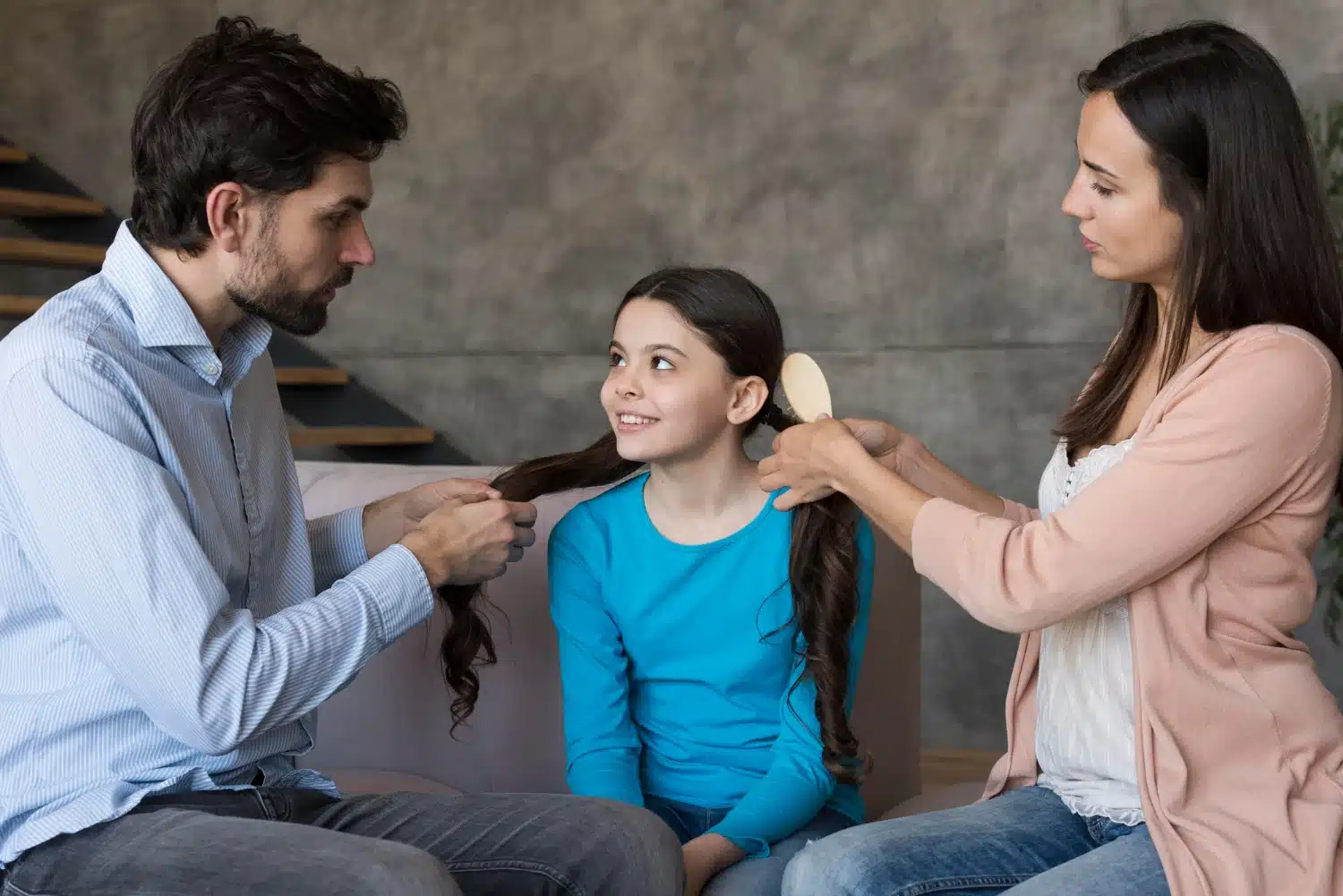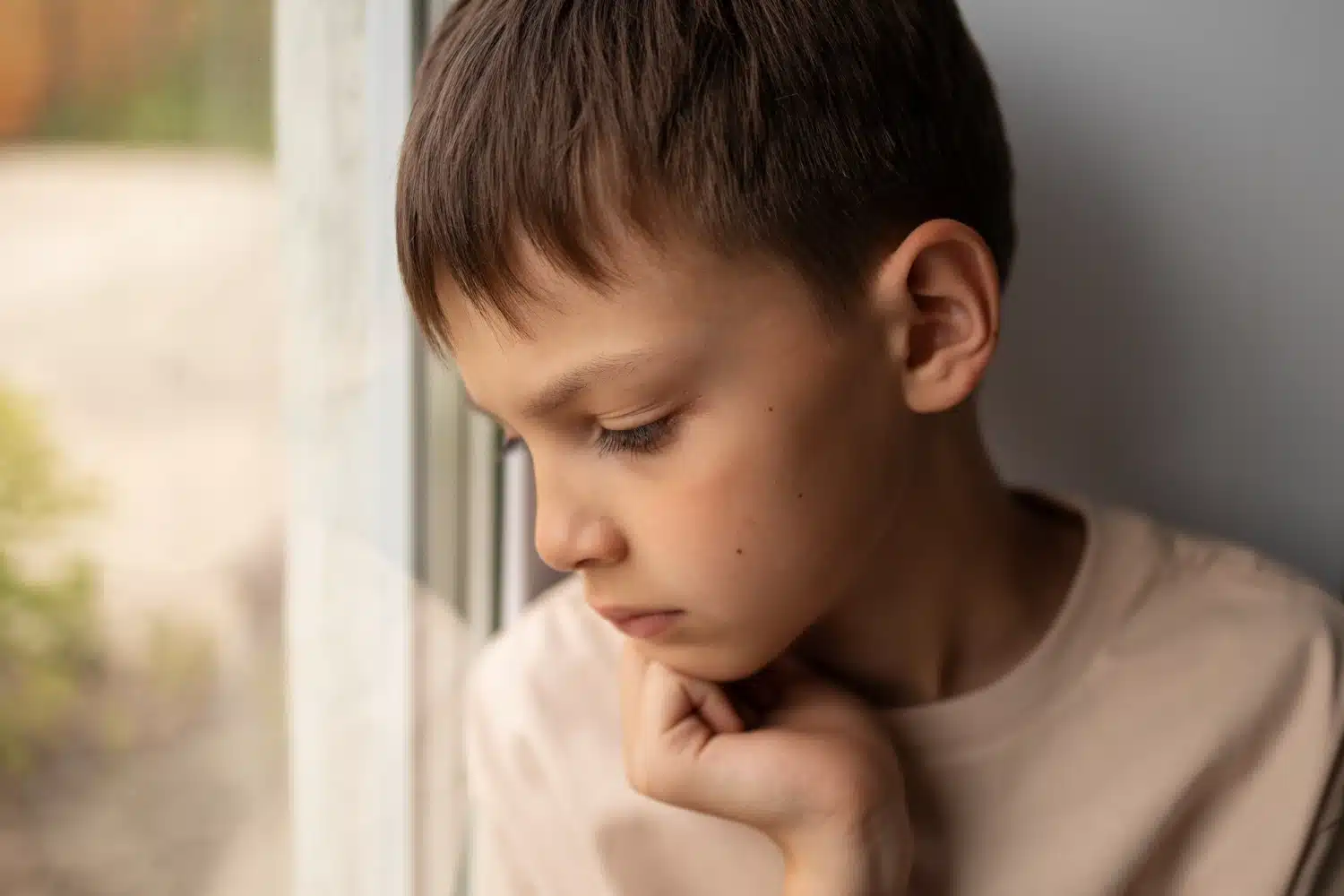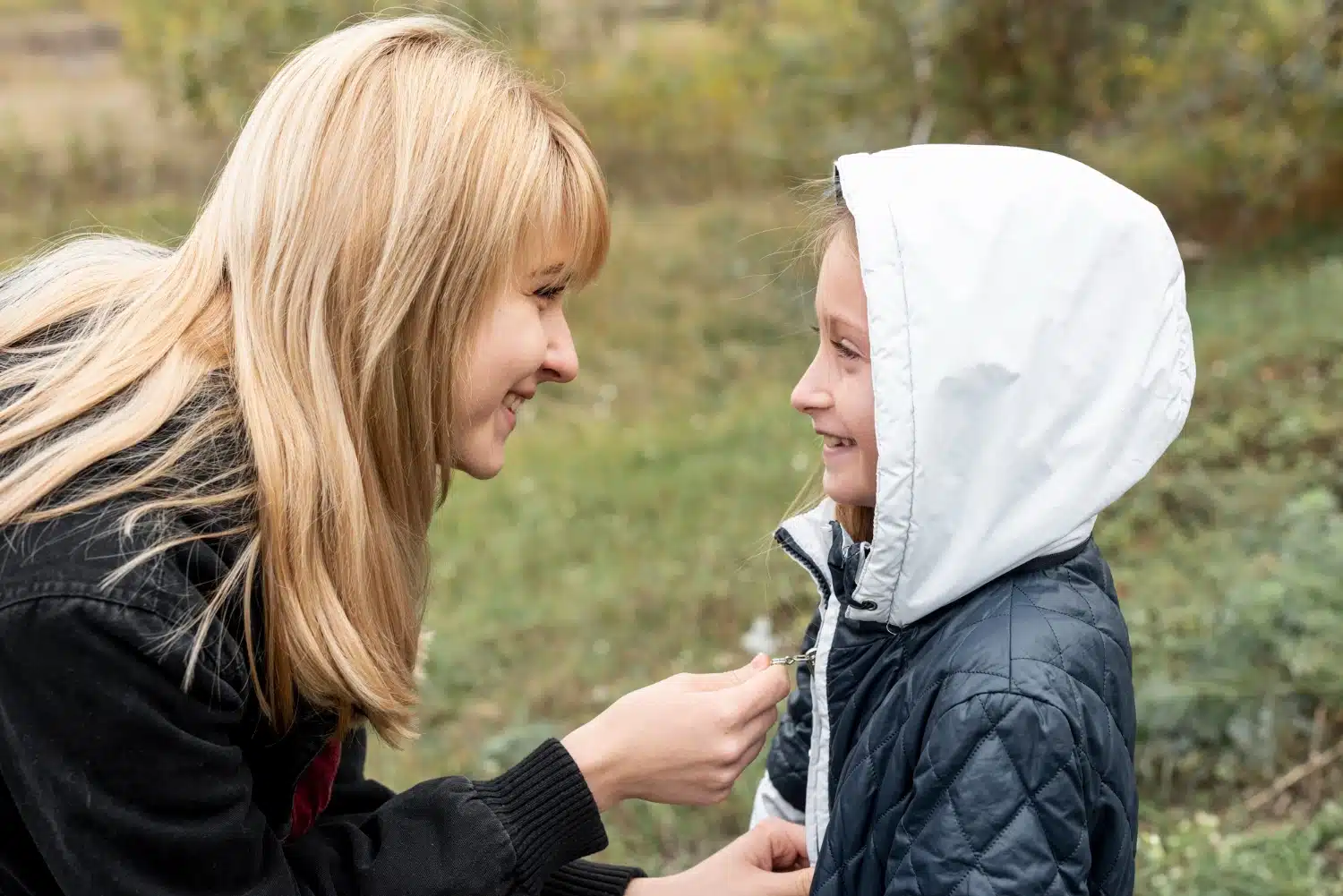You’ve probably seen it.
Your child hesitates to speak up in class, shies away from birthday parties, or melts down when things don’t go their way.
It’s not because they aren’t smart. It’s not because they’re lazy.
It’s because they’re sensitive — deeply emotional, observant, and tuned into the world around them.
And you’re here because you want one thing:
To build their confidence without changing who they are.
In this guide, I’ll walk through 13 intentional tips backed by psychology, real-world parenting experiences, and proven methods to boost self-esteem in sensitive children, without forcing them to be someone they’re not. I have tried these tips to build confidence in one of my students who was sensitive. Before we indulged in the discussion, we need to review:
Why Confidence Matters in Childhood
According to Dr. Elaine Aron, about 15-20% of children are highly sensitive.
This sensitivity is a strength, not a flaw.
According to a study by the American Psychological Association, children with higher self-esteem are more likely to succeed in school, form healthy relationships, and adapt better to life’s challenges.
“Confidence in childhood is the foundation of a resilient adult.”
But how do we nurture confidence in children who feel things deeply?
- What Makes a Child Sensitive — and Why Is That a Strength?
Sensitive kids often:
- Feel deeply
- React strongly to change
- Show empathy early on
- Need more time to adjust in social settings
According to Dr. Elaine Aron, 15–20% of children are considered Highly Sensitive Persons (HSPs).
Instead of seeing sensitivity as a flaw, frame it as a superpower. These kids are often highly creative, intuitive, and emotionally intelligent.
- How Does Childhood Confidence Shape the Adult Self?
Confidence built in early years:
| Stage | Impact |
| 3–6 years | Builds foundational self-worth |
| 7–10 years | Forms beliefs around success and failure |
| 11–14 years | Shapes self-image and resilience |
A confident child becomes an empowered adult one who can speak up, take chances, and advocate for themselves.
- Can Small Wins Really Build Lasting Confidence?
Yes, and they compound.
Encourage Open Communication
Let your child talk about their fears, successes, or emotions without judgment. Respond with:
- “That sounds tough. How can I help?”
- “I hear you. It’s okay to feel that way.”
Avoid Labels
Don’t call them shy or dramatic. Use words like thoughtful, observant, or expressive.
Break tasks into micro-steps:
- Instead of “speak at assembly,” try “say your name in front of 2 friends.”
- Instead of “play with everyone,” encourage “smile at one child.”
Tip: Celebrate effort over outcome. “I saw how brave you were!” works better than “You won!”
- Why Should We Ditch the Praise Trap?
Saying “You’re so smart” sounds nice but creates pressure.
Try growth mindset praise like:
- “You worked hard on that.”
- “You didn’t give up, even when it got hard.”
Studies show this builds resilience and long-term confidence.
Highlight Inspirational Stories
Expose your child to stories of sensitive yet strong characters. For example:
“Can a Sensitive Kid Inspire Others?” Absolutely.
Think of Harry Potter, Anne Frank, or even real-life heroes like Malala Yousafzai; gentle souls who changed the world.
- How Can We Teach Emotional Regulation First?
A child who can name their feelings can tame their reactions.
Try this Feelings Chart at home:
| Emotion | What It Feels Like | What I Can Do |
| Angry | My hands clench | Squeeze a pillow |
| Sad | I want to cry | Talk to mom/dad |
| Nervous | Fast heartbeat | Breathe in 4, out 4 |
Tip: Say things like “It’s okay to feel big feelings. You’re safe.”
- What Routines Help Build Inner Security?
Sensitive kids thrive on predictability.
Create daily routines — meals, bedtime stories, and affirmations.
Example Affirmation: “I’m safe, I’m loved, I’m enough.”
Besides, create a routine chart they can follow.
Include:
- Morning and bedtime rituals
- Homework schedule
- Quiet time
- Why Are Choices So Powerful for a Child’s Confidence?
Instead of “Wear this,” ask:
- “Red shirt or blue?”
- “Want to help with dinner or set the table?”
Choices create micro-moments of control — essential for shy or anxious kids.
- How Do Role Models Shape a Child’s Beliefs?
Read books or watch movies with characters who:
- Overcome fear (e.g., Inside Out, Wonder)
- Embrace uniqueness (El Deafo, Spookley the Square Pumpkin)
Bonus Tip: Tell stories of your own childhood fears and how you managed them.
- Should I Let My Child Struggle? (Gently, Yes.)
Shielding them from all discomfort leads to dependency.
Let them try, fail, and rise again.
Example: If they mess up a Lego tower, ask:
“Want to try again a different way?” instead of “Let me do it for you.”
- How Does Physical Activity Play a Role in Confidence?
Kids process emotions through their body. Movement reduces anxiety.
Try:
- Dancing
- Martial arts (especially for introverts!)
- Yoga or animal walks
Physical mastery = Mental confidence.
- What’s the Best Way to Boost Social Confidence?
Start small:
| Situation | Confidence Strategy |
| Group Play | Observe first, then participate |
| Introductions | Practice at home with toys |
| Public Settings | Use scripts like: “Hi, my name is…” |
Encourage connection over performance.
- How Can Parents Become Their Child’s Confidence Mirror?
Sensitive kids absorb everything — your tone, your fears, your encouragement.
Watch how you speak about yourself:
“I’m terrible at this” → “I’m learning too.”
Say often:
- “I believe in you.”
- “It’s okay to be nervous and still try.”
- What If My Child Still Struggles with Confidence?
If, despite your efforts, your child continues to withdraw:
- Consult a child psychologist
- Join parenting forums (e.g., r/Parenting, Big Life Journal community)
- Focus on long-term consistency over short-term results
Building self-esteem is not linear. It may take months or even years, and that’s okay.
Final Words from One Parent to Another
Confidence isn’t loud.
It’s not perfect posture or big voices.
Sometimes, it’s a soft “I’ll try” whispered after weeks of silence.
Sensitive kids don’t need to be louder.
They need to be heard, understood, and guided — not pushed.
You’ve got this. And so does your child.









